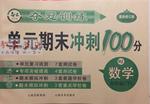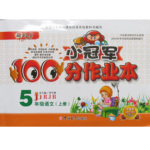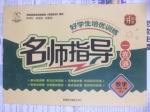题目内容
During an earthquake, you should know what to do. If the earthquake strikes while you’re inside a house, you should lie on the floor under a strong table or other furniture. If there is no furniture, you can cover your head with your arms and keep still in the corner of the room. You should keep away from windows, glass walls, or anything that can fall.
If you are in bed, hold firmly onto your bed and make use of a pillow to safeguard your head. You may use a doorway but only when it is close to you. It should also be considered whether it is strong enough to deal with the load.
If you are running out, do not use lifts, even if they work. Electricity may go out at any time. Many injuries happen when people try to rush out. This means you ought to stay in your house or perhaps wherever you are.
When you stay outdoors, you should stay far from buildings, power wires or lights. You should be in the open until the quake stops. Remember that many earthquake deaths outside the house come from falling-apart walls, flying glass and other falling things.
If an earthquake strikes and you are driving, you should pull up to the side of the highway and stop as quickly as possible. You ought not to stop under trees, buildings or energy wires. Don’t stop in the middle of the street as it could trouble others.
When trapped, you shouldn’t move. Your mouth should be covered with a piece of clothing or a handkerchief. This is because it is possible for you to breathe in some dust. Do not shout whenever possible. You should only shout in the end to get help from rescuers.
1.What is the writer’s purpose in writing this passage?
A. To tell us the dangers of an earthquake.
B. To tell us what to do before an earthquake.
C. To tell us what to do when an earthquake strikes.
D. To tell us why running during an earthquake is dangerous.
2.If there is no furniture in the room during an earthquake, you should________.
A. lie still on the floor
B. stay near the window
C. stay in the center of the room
D. keep still in the corner of the room
3.According to the passage, during an earthquake, you’d better not________.
a. use a lift to escape b. stay outdoors
c. cut off electricity d. keep driving to escape
A. ab B. bc
C. ad D. cd
4.What is the last paragraph mainly about?
A. When to call out for help in an earthquake.
B. What to do when trapped in an earthquake.
C. How to make use of a handkerchief in an earthquake.
D. How to avoid breathing in some dust in an earthquake.
 夺冠训练单元期末冲刺100分系列答案
夺冠训练单元期末冲刺100分系列答案 新思维小冠军100分作业本系列答案
新思维小冠军100分作业本系列答案 名师指导一卷通系列答案
名师指导一卷通系列答案
